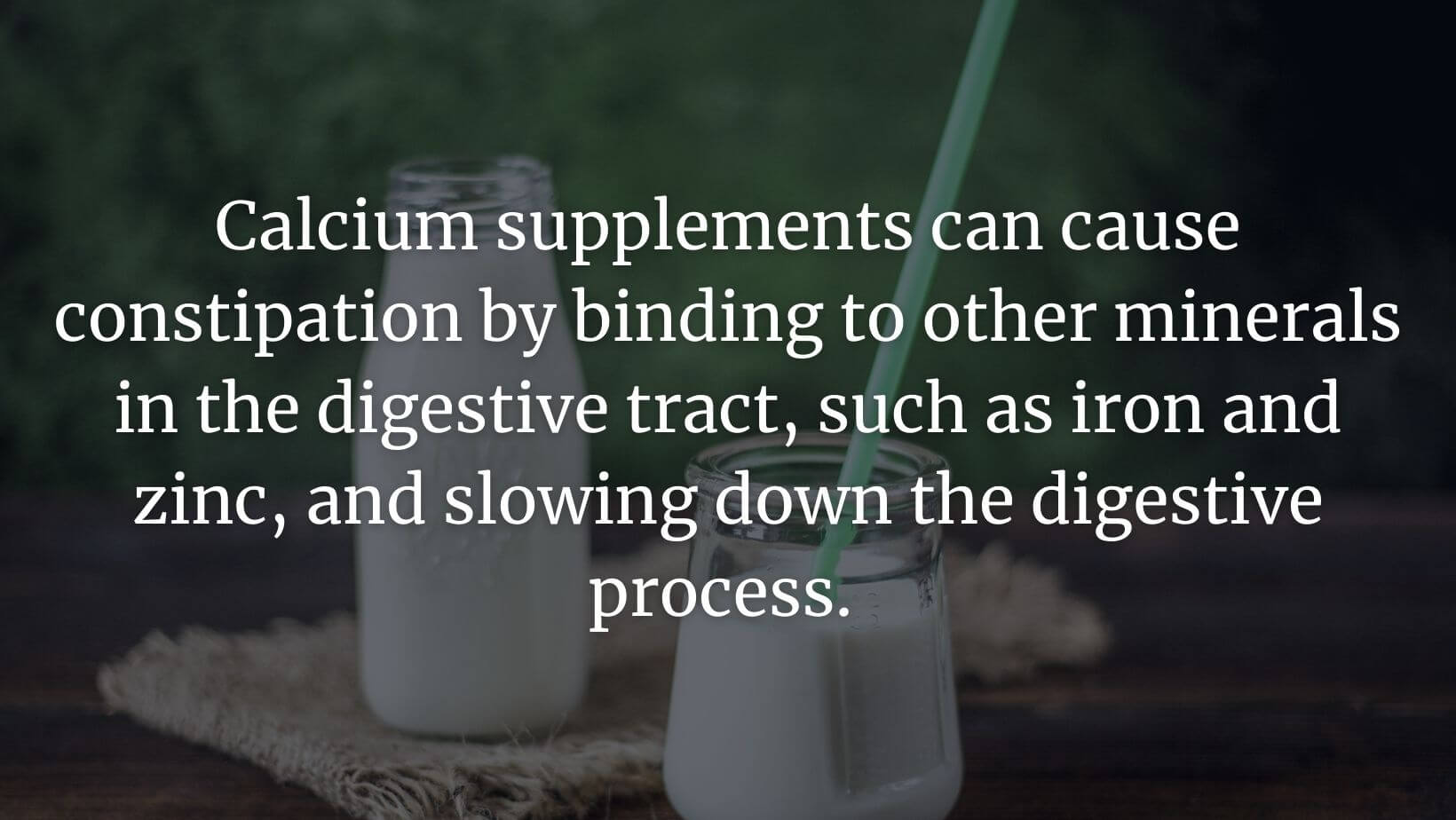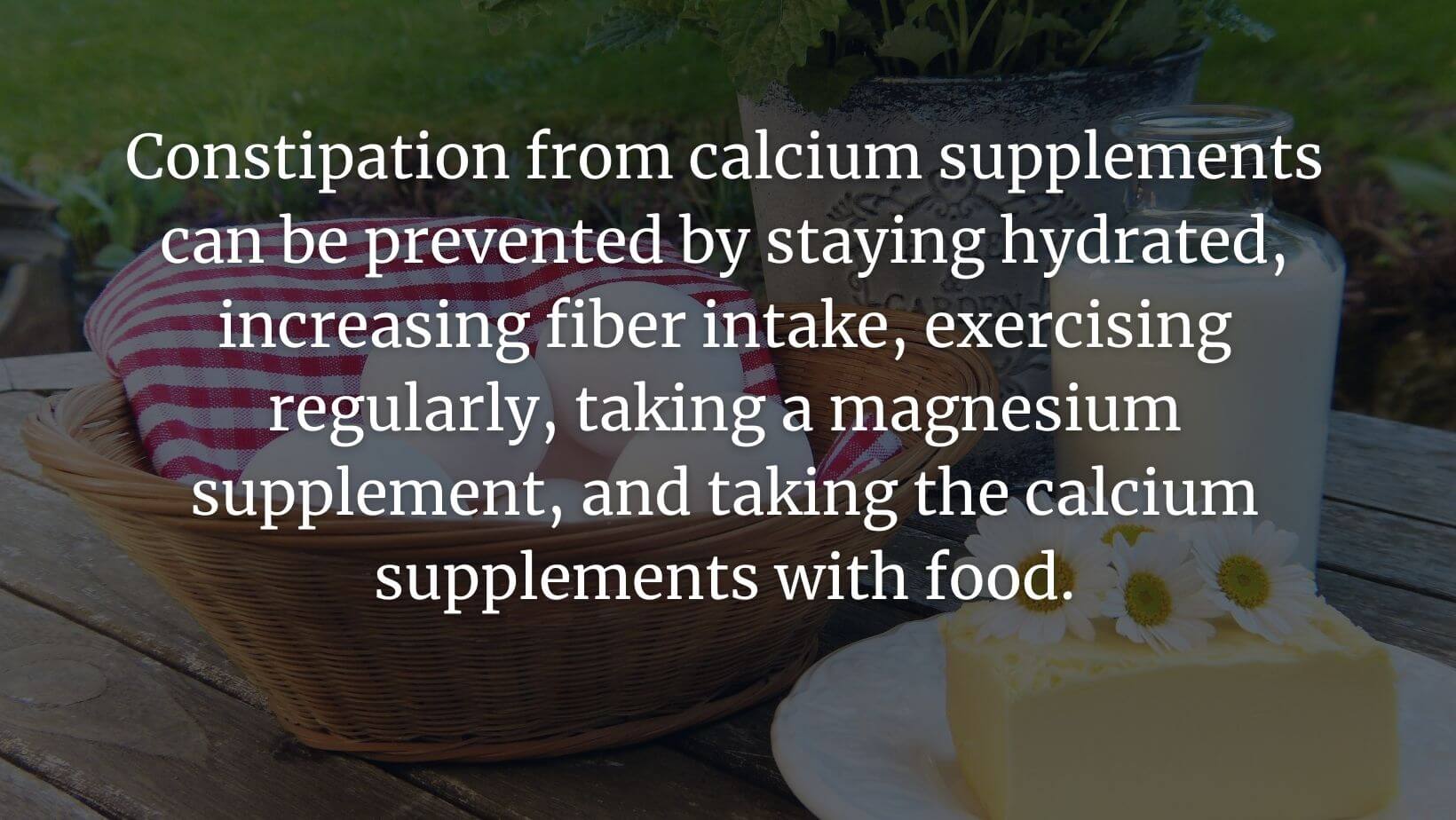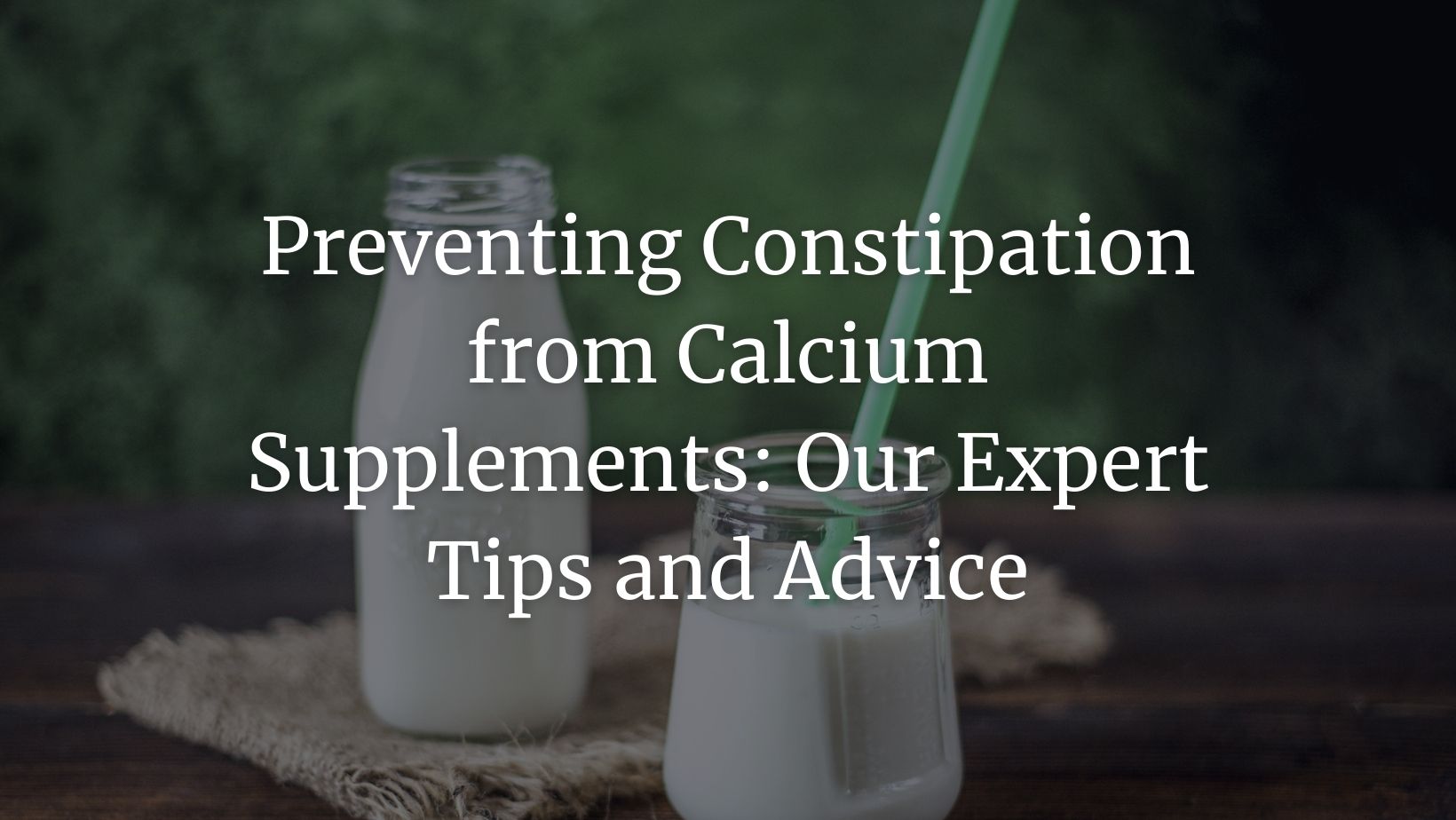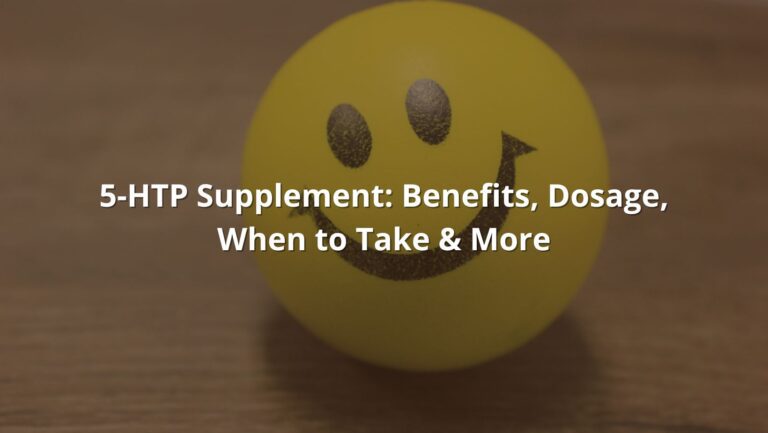Preventing Constipation from Calcium Supplements: Our Expert Tips and Advice
At some point in our lives, many of us will experience constipation. Whether it’s due to changes in diet, medication, or other factors, it’s a common issue that can be both uncomfortable and inconvenient. However, for those taking calcium supplements, constipation can be an especially frustrating problem. In this article, we’ll explore the causes of constipation from calcium supplements and provide expert tips and advice on how to prevent it.
What is Constipation?
Before we dive into the specifics of preventing constipation from calcium supplements, it’s important to understand what constipation is. Constipation is a condition characterized by difficulty in passing stool, infrequent bowel movements, and hard or lumpy stools. While everyone’s bowel movements are different, if you’re experiencing fewer than three bowel movements per week, you may be constipated.
What Causes Constipation from Calcium Supplements?


Calcium supplements are a popular choice for people who are not getting enough calcium from their diets. Calcium is an essential nutrient for bone health, and a deficiency can lead to osteoporosis, a condition where bones become brittle and weak. Calcium supplements are often recommended for those who are lactose intolerant or follow a vegan diet, as dairy products are a common source of calcium.
However, calcium supplements can cause constipation in some people. Constipation is a condition characterized by difficulty in passing stool, infrequent bowel movements, and hard or lumpy stools. While everyone’s bowel movements are different, if you’re experiencing fewer than three bowel movements per week, you may be constipated.
Calcium supplements can cause constipation by binding to other minerals in the digestive tract, such as iron and zinc, and slowing down the digestive process. This can lead to stool becoming dry and hard, making it difficult to pass. The amount of calcium you take can also affect the likelihood of constipation. Higher doses of calcium are more likely to cause constipation than lower doses.
While constipation from calcium supplements can be frustrating, there are steps you can take to prevent it. By understanding how calcium supplements can cause constipation, you can take steps to minimize its effects.
Tips for Preventing Constipation from Calcium Supplements


Preventing constipation from calcium supplements is a common concern among those who take calcium supplements for their health. While calcium supplements are often recommended to those who don’t get enough calcium from their diets, they can also cause constipation in some people. In this article, we’ll explore some expert tips and advice on how to prevent constipation from calcium supplements.
Stay Hydrated
Drinking plenty of water is essential for overall health and can help prevent constipation. Staying hydrated can help soften stool and make it easier to pass. It’s recommended to drink at least eight glasses of water a day to stay hydrated. This can vary depending on your activity level, climate, and overall health. However, if you’re taking calcium supplements, it’s important to drink even more water to counteract the constipating effects of calcium.
Increase Fiber Intake
Eating foods high in fiber is another excellent way to prevent constipation from calcium supplements. Foods high in fiber, such as fruits, vegetables, and whole grains, can help keep your digestive system regular. When your diet lacks fiber, it can lead to constipation. Therefore, it’s crucial to include plenty of fiber-rich foods in your diet to prevent constipation. A good rule of thumb is to aim for at least 25-30 grams of fiber per day.
Exercise Regularly
Regular exercise is essential for overall health and can help stimulate the digestive system and promote bowel movements. Exercise increases blood flow to the intestines, which can help improve digestion and prevent constipation. Aim for at least 30 minutes of moderate exercise per day, such as brisk walking, cycling, or swimming.
Take a Magnesium Supplement
Magnesium is a natural laxative and can help counteract the constipating effects of calcium. If you’re experiencing constipation from calcium supplements, taking a magnesium supplement can be an effective way to prevent it. However, it’s essential to talk to your doctor before taking any supplements to ensure that they’re safe for you.
Take Calcium Supplements with Food
Taking calcium supplements with food can help slow down the digestive process and prevent constipation. When you take calcium supplements on an empty stomach, they can be absorbed too quickly, leading to constipation. Therefore, it’s crucial to take calcium supplements with a meal to help slow down the digestive process and prevent constipation.
Speak to Your Doctor
If you’re experiencing severe constipation or are concerned about your calcium intake, speak to your doctor. Your doctor may recommend adjusting your supplement dosage or switching to a different form of calcium. They can also recommend other ways to prevent constipation based on your individual needs.
In conclusion, constipation from calcium supplements can be a frustrating problem, but it’s also preventable. By staying hydrated, increasing fiber intake, exercising regularly, taking a magnesium supplement, taking calcium supplements with food, and speaking to your doctor, you can prevent and manage constipation from calcium supplements. Remember, it’s essential to talk to your doctor before taking any supplements to ensure that they’re safe for you.
Final Thoughts
In conclusion, constipation from calcium supplements can be a frustrating and uncomfortable problem, but the good news is that it’s preventable. By implementing some simple lifestyle changes, you can help prevent constipation and enjoy the benefits of calcium supplements for your bone health.
Staying hydrated by drinking plenty of water is one of the easiest and most effective ways to prevent constipation. When you take calcium supplements, it’s especially important to drink enough water to counteract the constipating effects of calcium. Additionally, increasing your fiber intake by eating more fruits, vegetables, and whole grains can help keep your digestive system regular and prevent constipation. These and other lifestyle changes will not only relieve your calcium supplement constipation symptoms, but they will also support you on the way to a much healthier, happier life.
Good luck and stay healthy!
References
- National Institute of Diabetes and Digestive and Kidney Diseases. (2020). Definition and facts for constipation. Retrieved from https://www.niddk.nih.gov/health-information/digestive-diseases/constipation/definition-facts
- National Institutes of Health Office of Dietary Supplements. (2021). Calcium. Retrieved from https://ods.od.nih.gov/factsheets/Calcium-HealthProfessional/
- National Institutes of Health Office of Dietary Supplements. (2021). Magnesium. Retrieved from https://ods.od.nih.gov/factsheets/Magnesium-HealthProfessional/
- Harvard Health Publishing. (2020). Fiber. Retrieved from https://www.hsph.harvard.edu/nutritionsource/carbohydrates/fiber/
- American Heart Association. (2018). Recommendations for physical activity in adults and kids. Retrieved from https://www.heart.org/en/healthy-living/fitness/fitness-basics/aha-recs-for-physical-activity-in-adults







